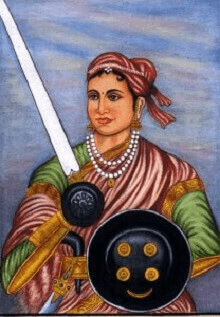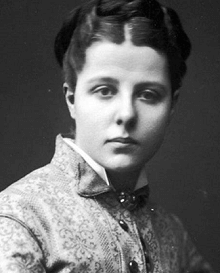Rani Lakshmibai
Prominentwriter · 8 months ago
Freedom fighter Rani Lakshmibai was born on 19 November, and the year was 1828. The birthplace of Rani Laxmibai was Varanasi, a city in the State of Uttar Pradesh, India. We all know her by the name of "Rani of Jhansi", but there is one more name she used to be known by in her childhood: Manikarnika. The name of the father of Rani Lakshmibai was Moropant Tambe, who was deployed as court advisor to the Peshwa of Bithoor, and the name of the Ranilakshmibai's mother was Bhagirathi Bai, and she was a homemaker. As a child, Manikarnika was educated in many subjects, including archery, horse riding, and self-defense. She also received an education in Indian history, literature, and religion. In 1842, Manikarnika was married to the Maharaja of Jhansi, Raja Gangadhar Rao. After her marriage, she was given the name Lakshmibai. Unfortunately, her husband passed away in 1853, and their son died a few months later. This left Lakshmibai in a vulnerable position. Jhansi was one of the states affected when the British East India Company introduced the Doctrine of Lapse, which allowed them to annex territories without a legal heir. Lakshmibai refused to give up her kingdom and led her people in a fight against the British. She played a vital role in the Indian Rebellion of 1857. Rani Lakshmibai fought fiercely for Jhansi's independence and was known for her bravery and determination. She even trained an army of women to fight alongside her. Despite facing overwhelming odds, she never gave up. Sadly, Lakshmibai was killed in battle on June 18, 1858. She was fighting against the British in Gwalior at the time. Her death greatly affected the Indian independence movement, but her legacy lives on. Today, Rani Lakshmibai is remembered as a hero and an icon of Indian independence.

